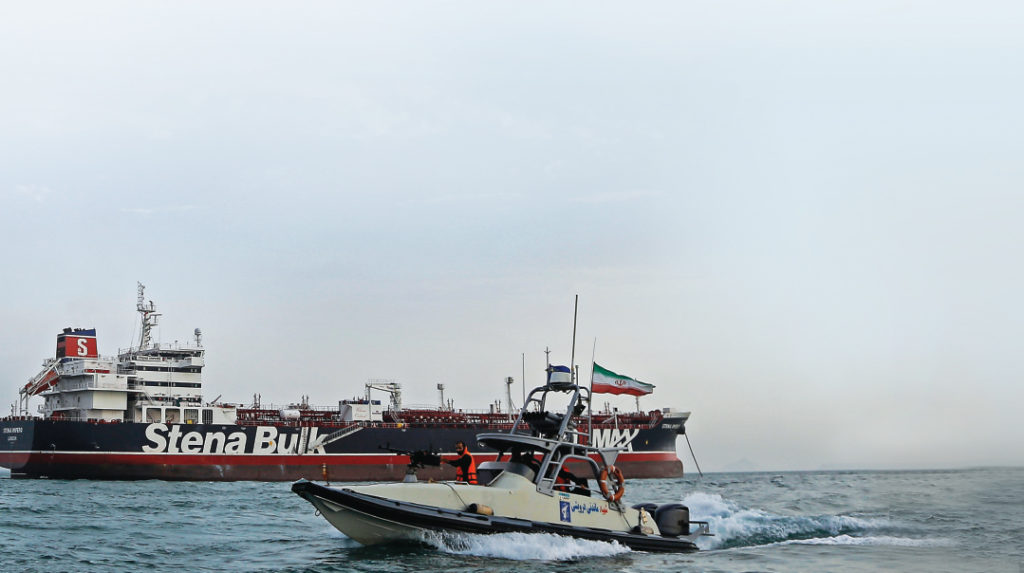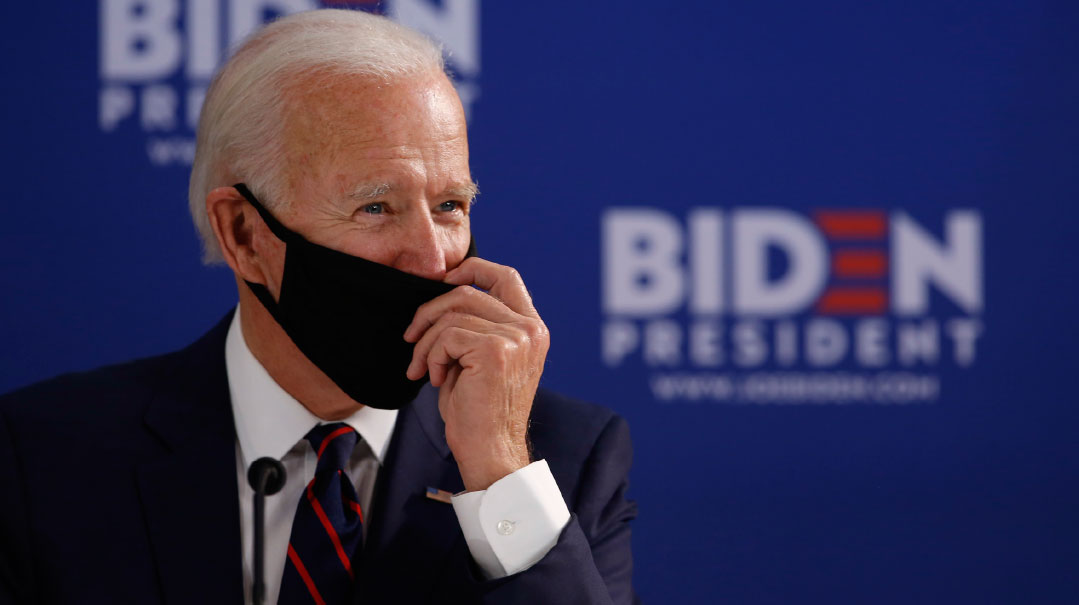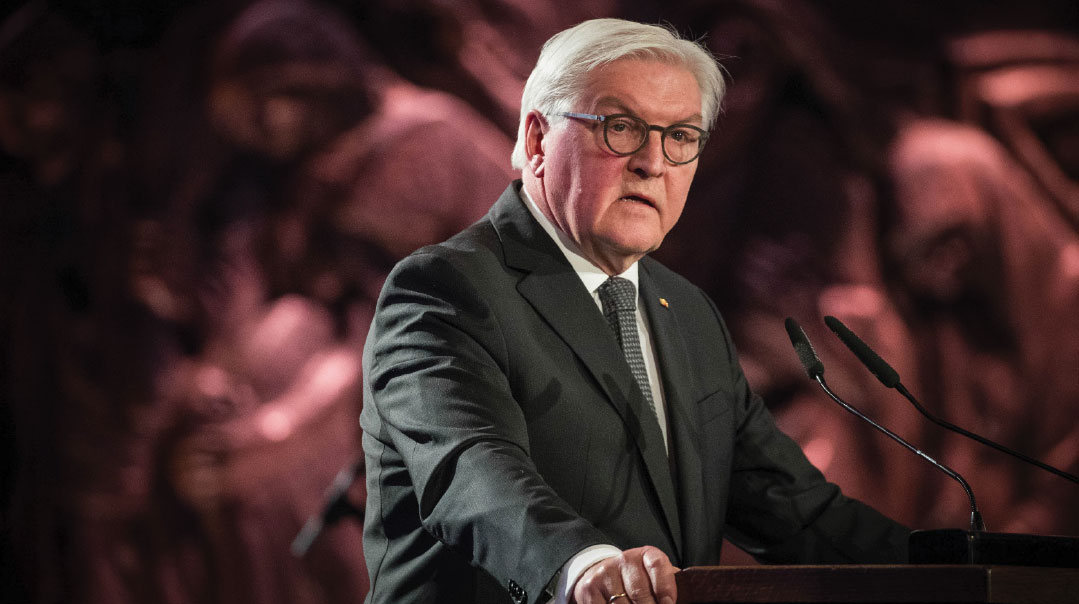Game of Brinksmanship

Why Iran calls the shots in tanker standoff

On the global chess board, Iran is an aggressive player. The question is, can the United States, and to a lesser extent Israel, mount an effective defense?
Iran made no apologies when it seized the UK-flagged Stena Impero on Friday, saying it was a retaliatory measure for a July 4 seizure by British forces of a tanker carrying Iranian oil to Syria, a breach of European Union sanctions. The Iranian action took place almost exactly one month after it shot down a US Navy drone, and one day after the United States destroyed an Iranian drone approaching the USS Boxer near the Strait of Hormuz.
What Does Iran Want?
Iran’s actions belie its desperate state. The maximum pressure campaign of the Trump administration seems to be working. Iran is threatening to disrupt the global flow of oil through the Strait — the narrow choke point that is the passageway for one-sixth of the world’s oil and one-third of its liquified natural gas — if it does not receive sanctions relief. At the same time, the United States announced that it will deploy 500 soldiers to its ally Saudi Arabia, in addition to the 2,000 additional troops already in the region.
What does Iran hope to achieve? According to Efraim Inbar, president of the Jerusalem Institute for Strategy and Security (JISS), Tehran wishes to project an image of strength, even in its weakened state. “They are using force in order to intimidate the Americans and the West from continuing the pressure against [them],” he said in a telephone interview. “And they are telling the world, listen, oil is important for you and we can give you a lot of trouble,” unless economic sanctions are eased and the Iranian economy has room to breathe.
More than that, says Inbar, the author of five books and a noted expert on Israeli policy and strategy, the Iranians want to buy time. Their ultimate goal is to build a nuclear weapon. If the economy collapses or the regime is threatened by protests, that goal is delayed. Therefore, the Iranians are playing a game of brinksmanship. President Trump has already shown that he is reluctant to use force against Iran, and the leading European powers seek to appease Iran and maintain the 2015 nuclear deal, also known as the Joint Comprehensive Plan of Action (JCPOA).
As the game is currently being played, Iran maintains the upper hand. If a military conflict breaks out, Inbar said, the outrage over American casualties and treasure being spent on yet another Mideast war will hurt Trump as he campaigns for reelection. On the other hand, if the Americans successfully force the Iranians to the negotiating table, Iran can count that as a victory as well.
“I have a friend, an Iranian expert, who tells me that once you are in a room with Iranians and negotiating, you have already lost the negotiation,” he said. In this clash of cultures, the Iranians possess the superior skills. “Americans are used to fixed prices. At Macy’s, there are fixed prices. At the bazaar in Tehran, there are no fixed prices. Everything is negotiable. And they will use every trick in the book in order to extend the negotiation.”
In other words, the negotiations would become the vehicle for the Iranians to play out their stall campaign. President Trump might achieve a small foreign policy victory — perhaps he will entice the Iranians to open up more of their nuclear sites for inspection, for instance — but Tehran would acquire the asset it most covets, which is time.
The US Strategy
Late last week, the US Central Command commander, Gen. Kenneth F. McKenzie, told the Washington Post that the US military’s approach to Iranian provocations is to steadily manage the conflict. “We need to be the calm and steady part of the equation,” he said. “Merely because [Iran is] being irresponsible, we shouldn’t fall into the trap of some form of overreaction.”
Yossi Kuperwasser, a former head of Israeli military intelligence research division and a director at the Jerusalem Center for Public Affairs, told Mishpacha that the Iranians have very little leverage besides goading the Americans into a military conflict. “The Americans are not going to lift sanctions and they will not [give in] to the Iranian temptation,” he said. “Frankly, Iran has very little it can do except forcing the Americans to beat them up.”
At present, the Iranians are offering meaningless incentives to engage the Americans, Kuperwasser said. They have floated the idea of committing never to build nuclear weapons, Kuperwasser points out, but they already made that commitment when they signed the nuclear nonproliferation treaty in 1970 and the JCPOA in 2015. They have also proposed giving nuclear inspectors more access to their sites, but that has proven to be an imperfect arrangement under the JCPOA. “Basically, the JCPOA gives the international community zero ability to monitor what is happening in Iran, because it says the only place the inspectors can go are those places that are declared sites by the Iranians. Nobody expects the Iranians to conduct clandestine activities in a declared site.”
A Nation Alone
Where does this leave Israel? Both Inbar and Kuperwasser agree that Jerusalem should distance itself from the conflict as much as possible. “We don’t want to be seen as dragging the United States into war,” Inbar said. “And if it’s possible that the Americans would eventually take care of the problem, it’s better for us.”
Still, Inbar has little confidence that Trump will attack Iran or that the Iranians will agree to a substantially more restrictive nuclear deal. So as the click ticks toward 2030, when the sunset clauses of the JCPOA expire, Inbar expects Israel will have no choice but to act alone.
“Nobody wants Iran to become a nuclear power, but no one wants to take any action,” he said. “So we are left with doing the dirty work for the world.”
(Originally featured in Mishpacha, Issue 770)
Oops! We could not locate your form.













